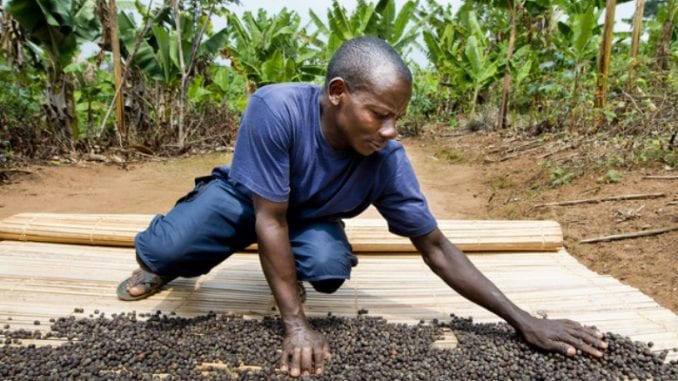
In light of a new study suggesting widely varying incomes for coffee growers around the world, Fairtrade International calls for a collaborative effort to help increase farmers’ wages globally.
BY CHRIS RYAN
BARISTA MAGAZINE ONLINE
Photos courtesy of Fairtrade International
Most smallholder farmers earn less than a living wage from coffee, and a large-scale response from the coffee industry and the government in producing countries is necessary to spur solutions leading to producers earning a decent income that supports their families.
These are two of the main takeaways from a recently completed pilot study by certifying organization Fairtrade International and social enterprise True Price, the results of which were presented at last month’s World of Coffee conference in Budapest, Hungary.
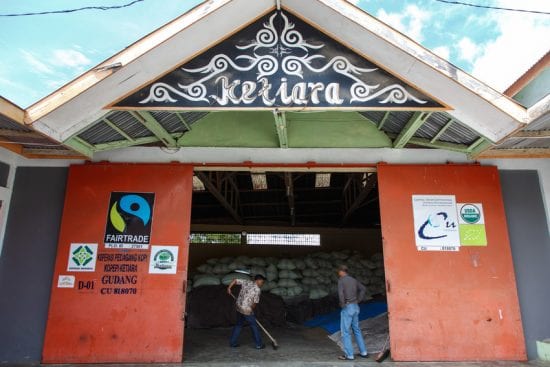
In a statement about the pilot study, Fairtrade International calls it “one of the most detailed studies into coffee farmer income to date.” The analysis focused on farmers in India, Indonesia, Kenya, Rwanda, Tanzania, Uganda, and Vietnam, studying coffee farmers’ actual earnings and the potential impact of Fairtrade pricing on their household income.
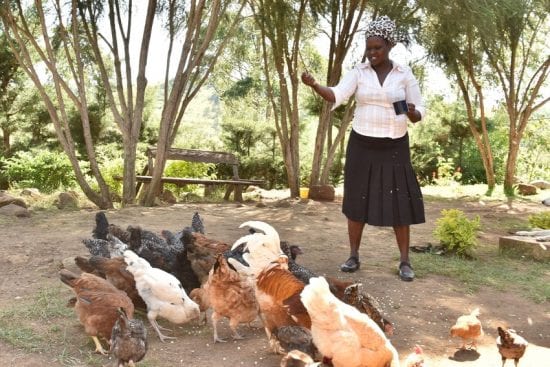
Among the key findings from the study:
- Coffee production accounts for about 50 percent of the household income for farmers who grow coffee. This varies greatly by region, with farmers in Kenya relying more heavily on crops other than coffee, while Indonesian farmers depend mostly on coffee.
- Coffee results in a varied quality of life for the farmers who grow it, depending mostly on the local context. Farmers in Indonesia and Vietnam had the highest household incomes in the study, which came largely from coffee.
- Among the coffee farmers sampled for the study, those in India, Indonesia, and Vietnam earned a living household income, while the Indonesian farmers were the only ones in the study to achieve that income on coffee alone. The study found that an astounding 100 percent of Kenyan farmers participating in the research do not currently earn a living income.
- Only some of the countries’ farmers are able to pay their workers a living wage using their coffee income—farmers in India and Indonesia participating in the study are able to do so, while those in Kenya and Vietnam are not.
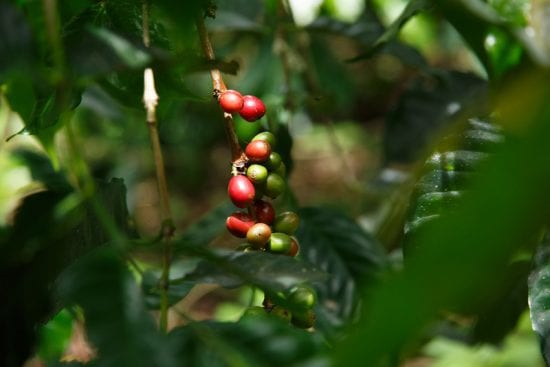
In light of these findings, Fairtrade International is currently developing an action plan and recommendations for how the industry can work together to help farmers earn a living wage. Ricardo Guimaraes, head of pricing at Fairtrade International, says: “I think the key contributions of this study are that it gives us a robust model for calculating farmers’ income and provides insights into livelihood strategies. Improving the methodology together with producers and deploying it in other countries will help us develop the strategies for improving incomes.”
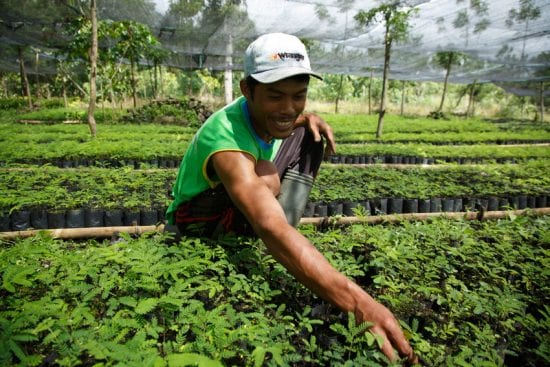
In its statement about the study, Fairtrade International says it is currently developing a holistic Living Income Strategy, which “aims to create an enabling environment and develop tools that support Fairtrade farmers to progress towards a living income.” Key components of this strategy will be improving yields, market development, and farm efficiency, and Fairtrade International will be calling on stakeholders at large to advocate for this initiative and offer support. “Collaboration and the support of governments and civil society are key to delivering increasing change and better lives for farmers,” the statement offers.
Read more about this research from Fairtrade International and True Price—and its key findings—here.

